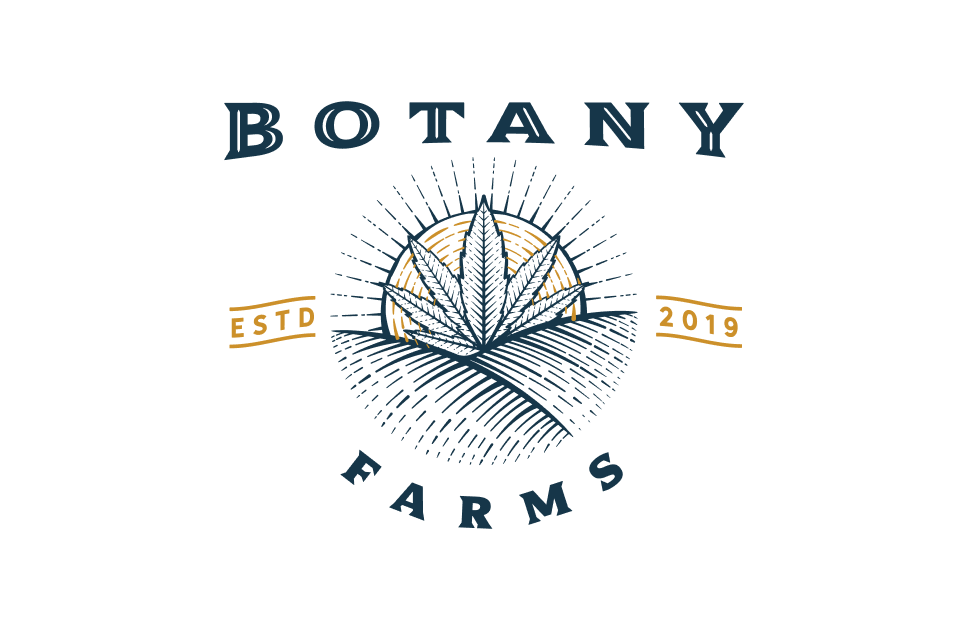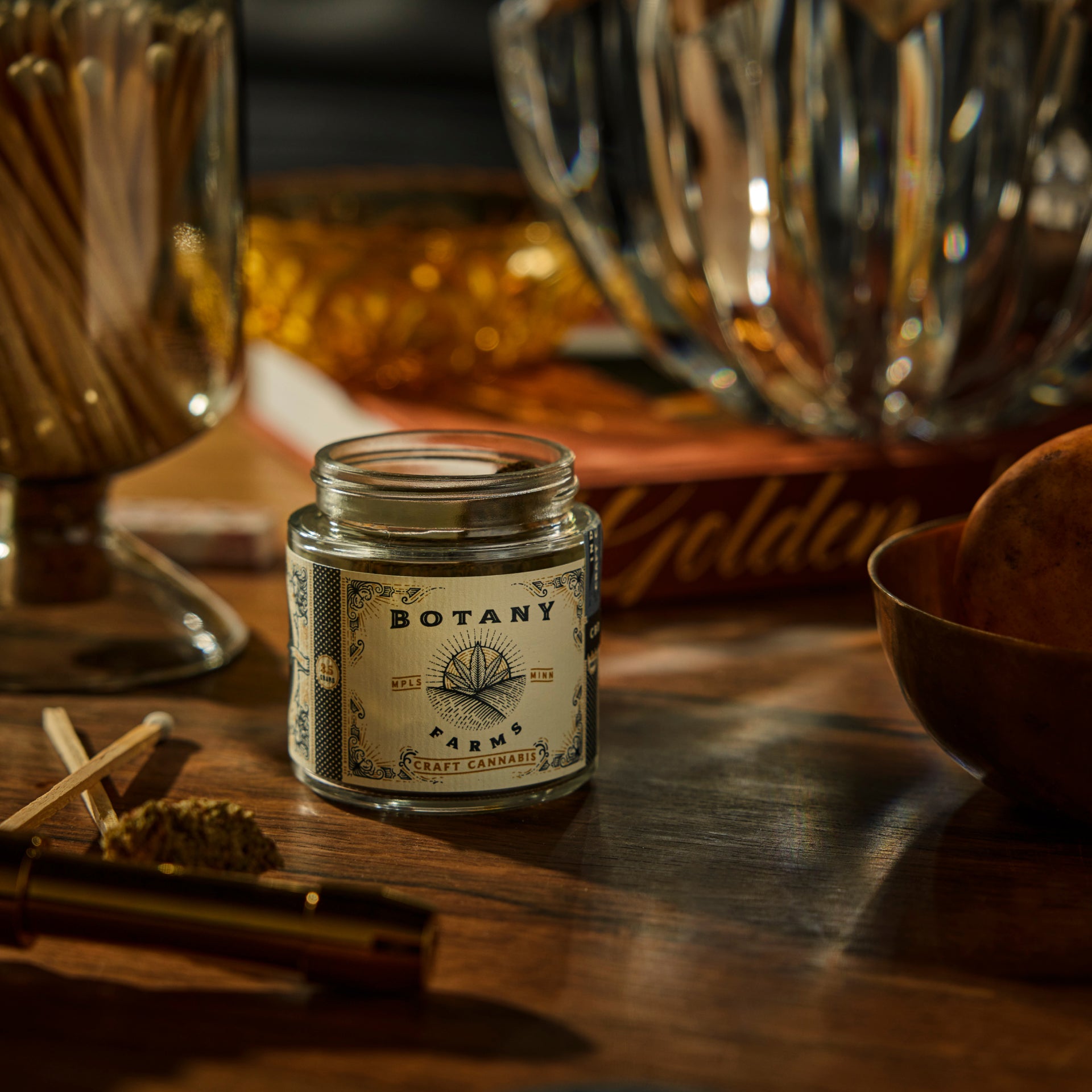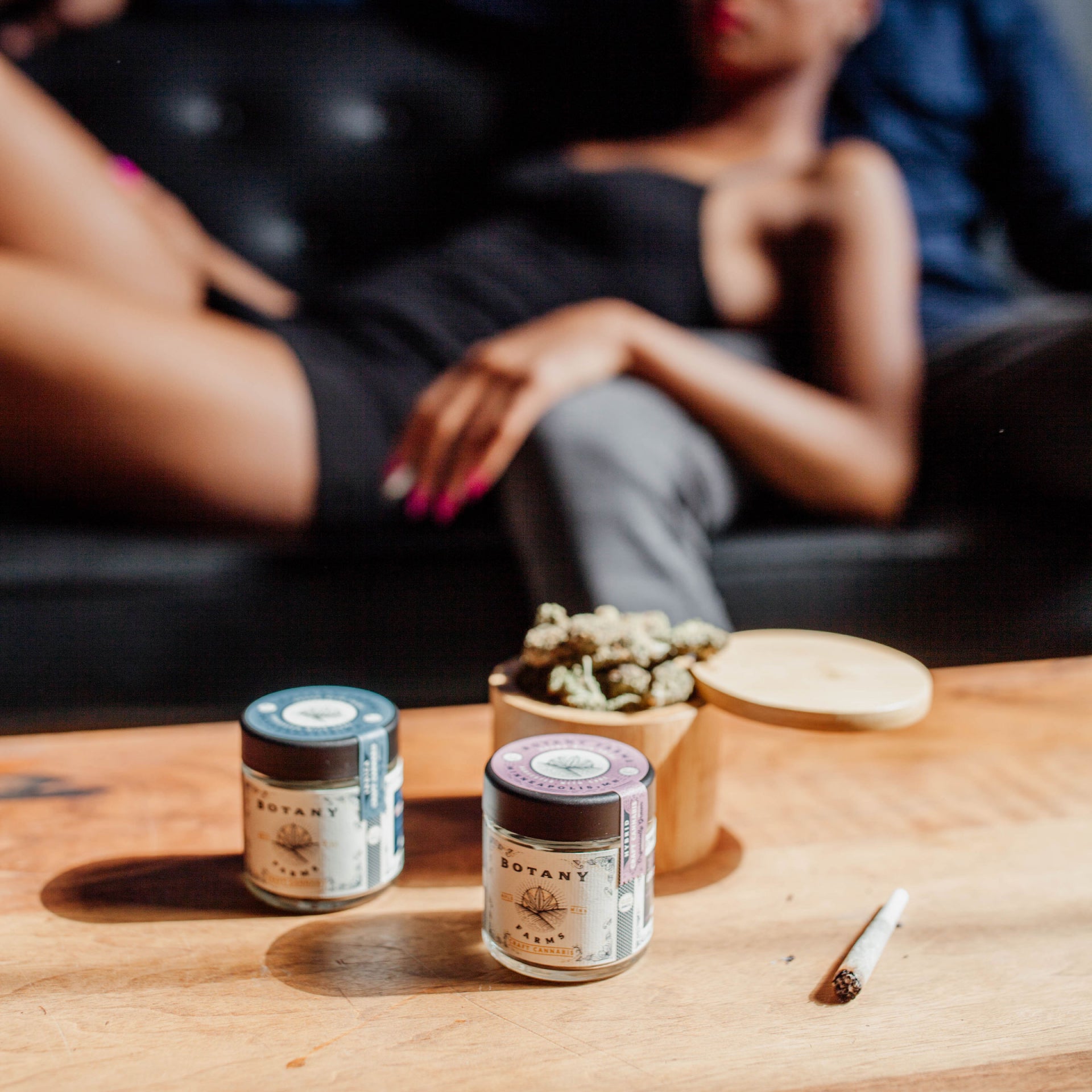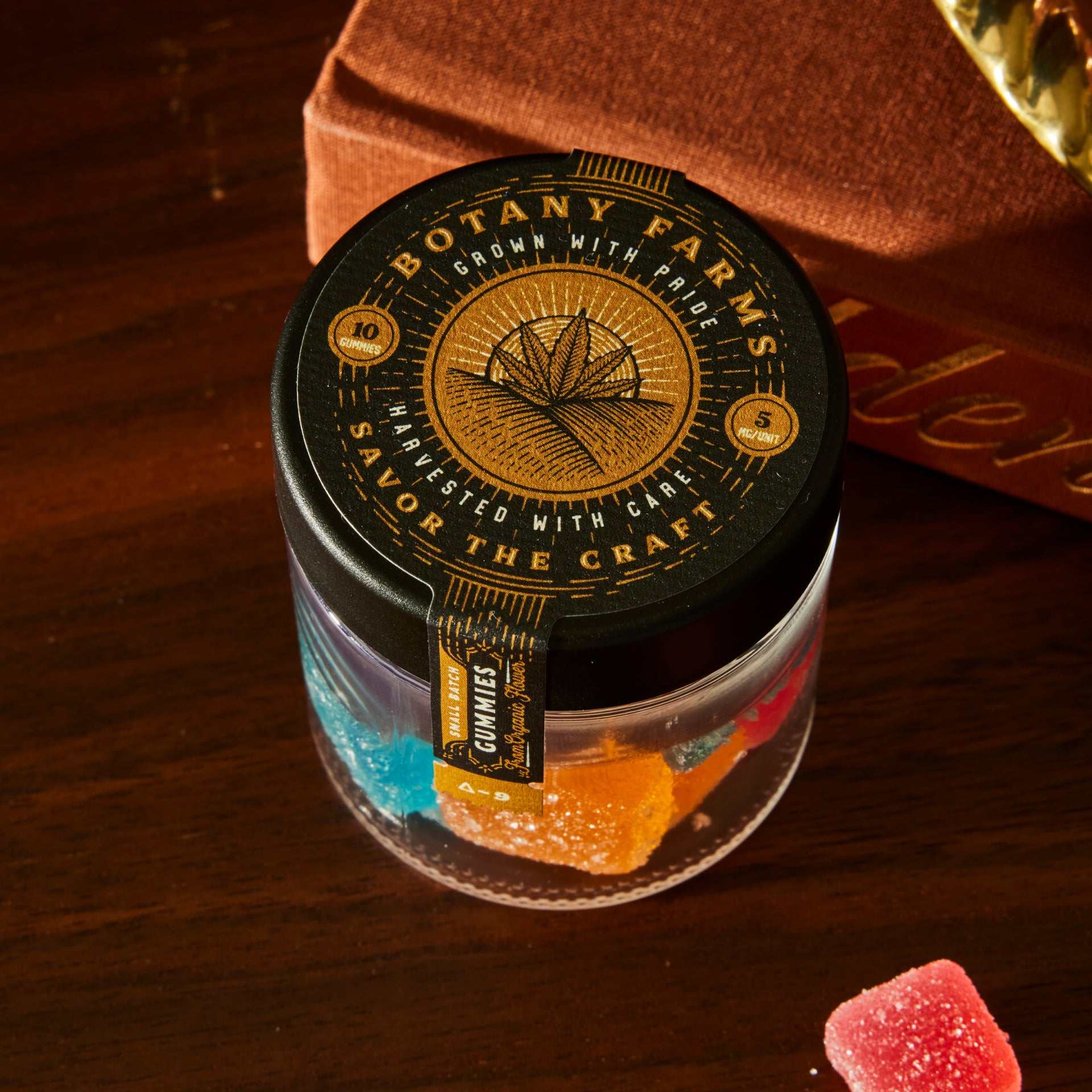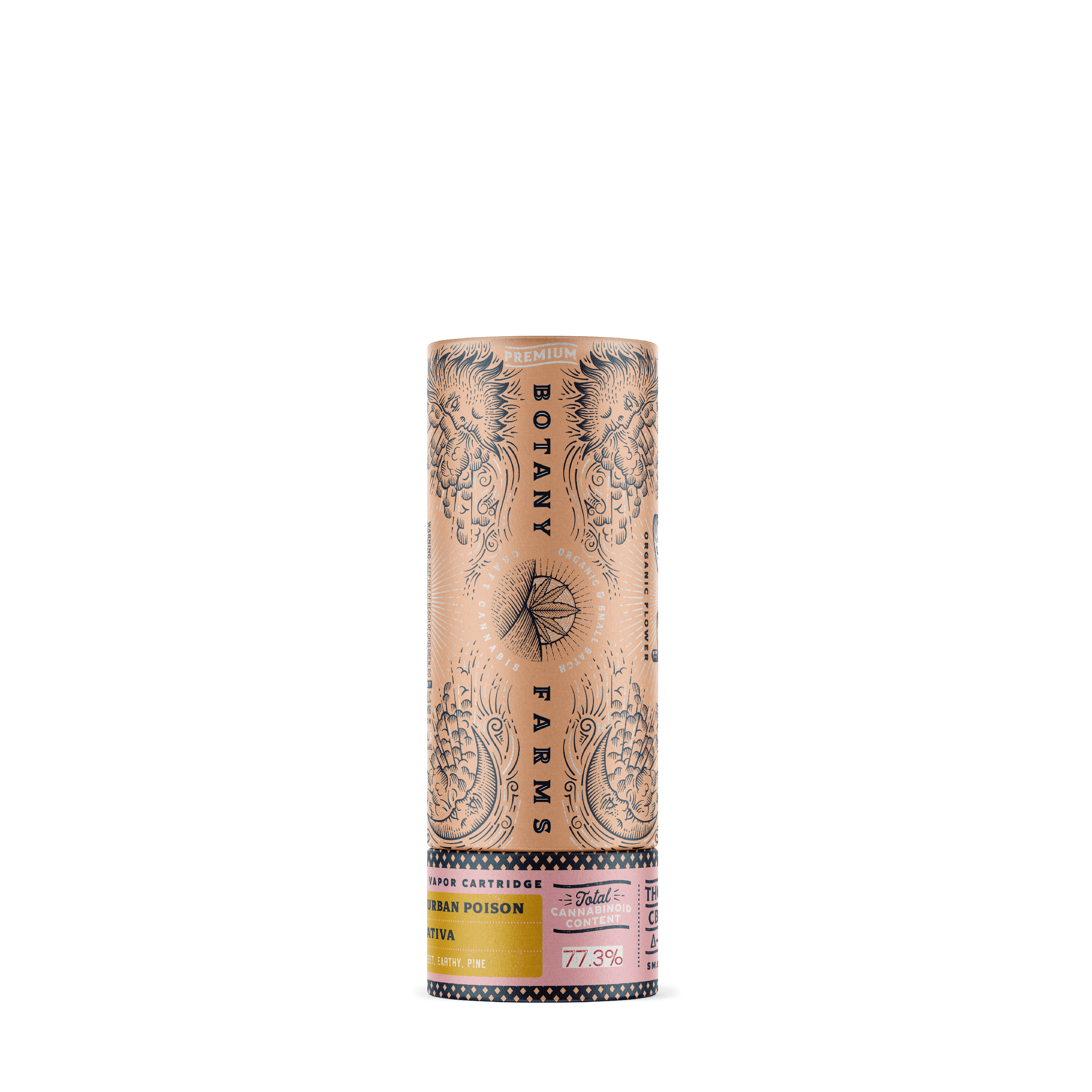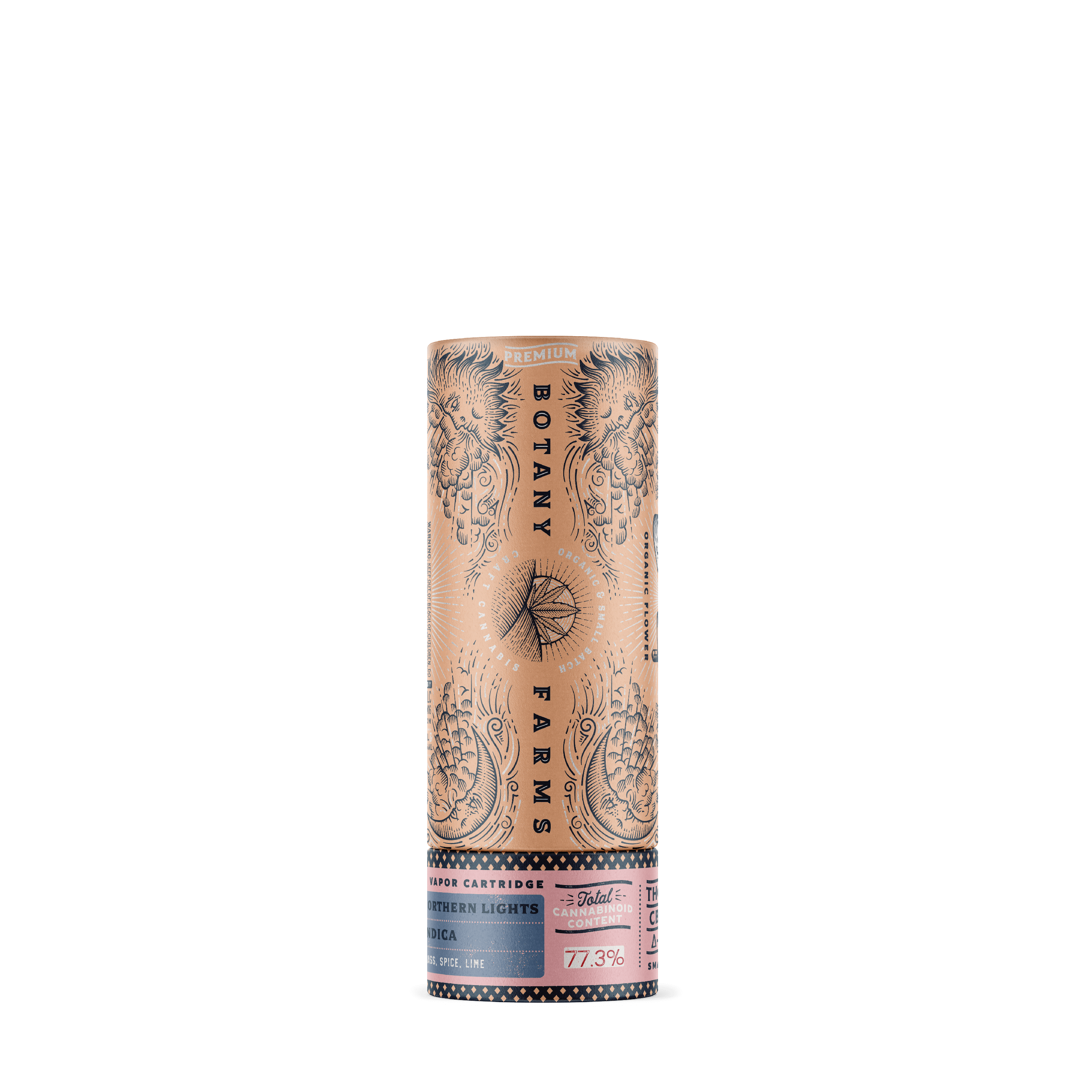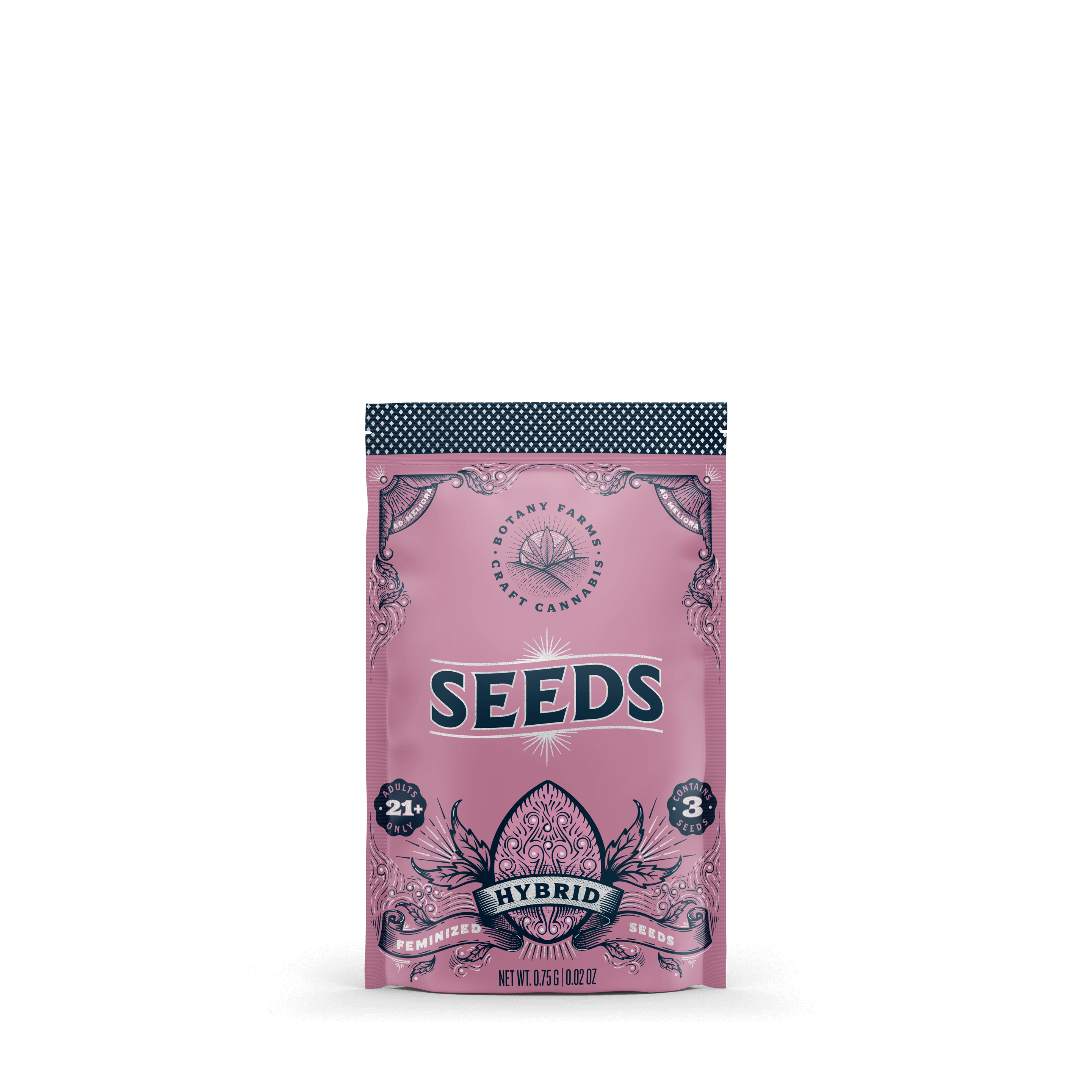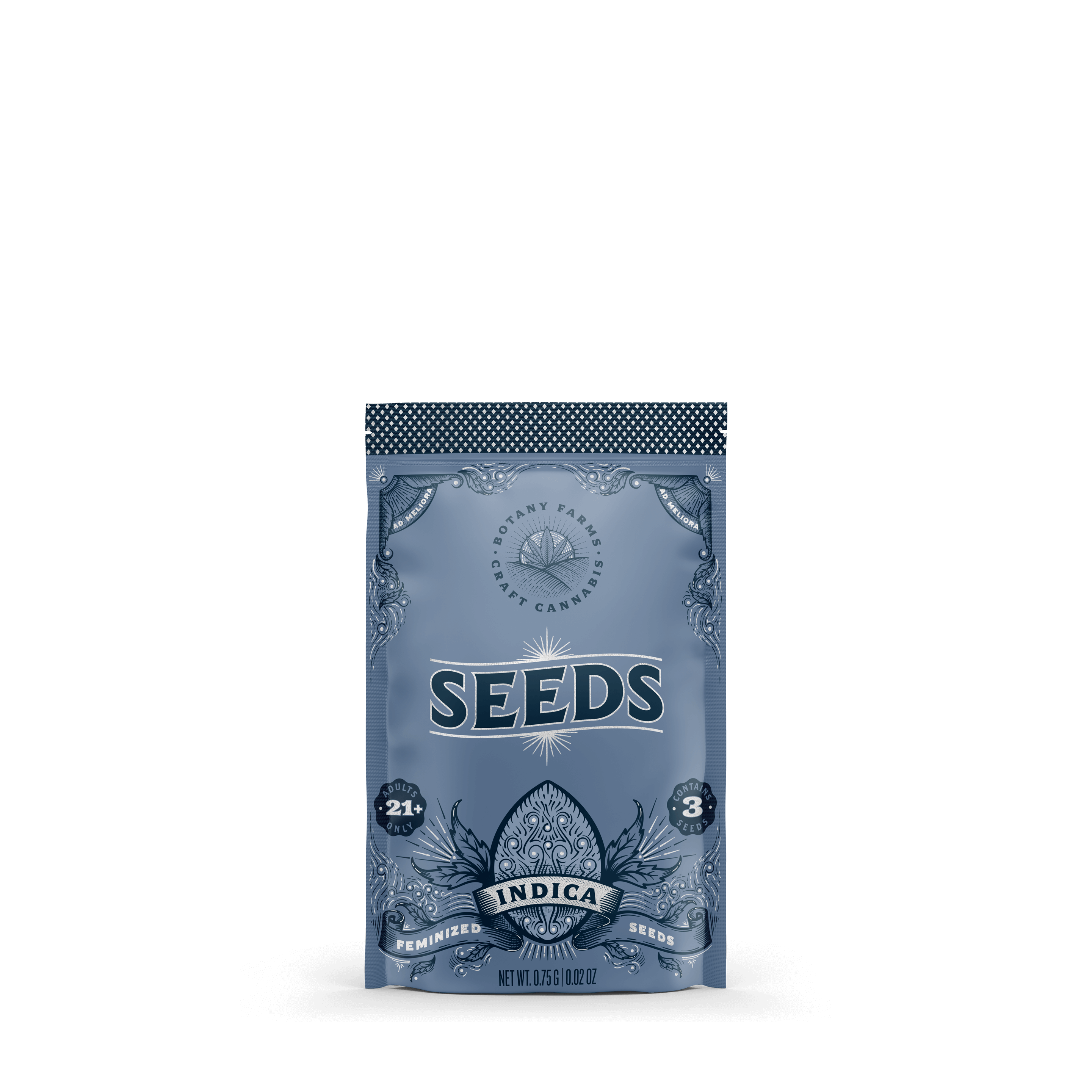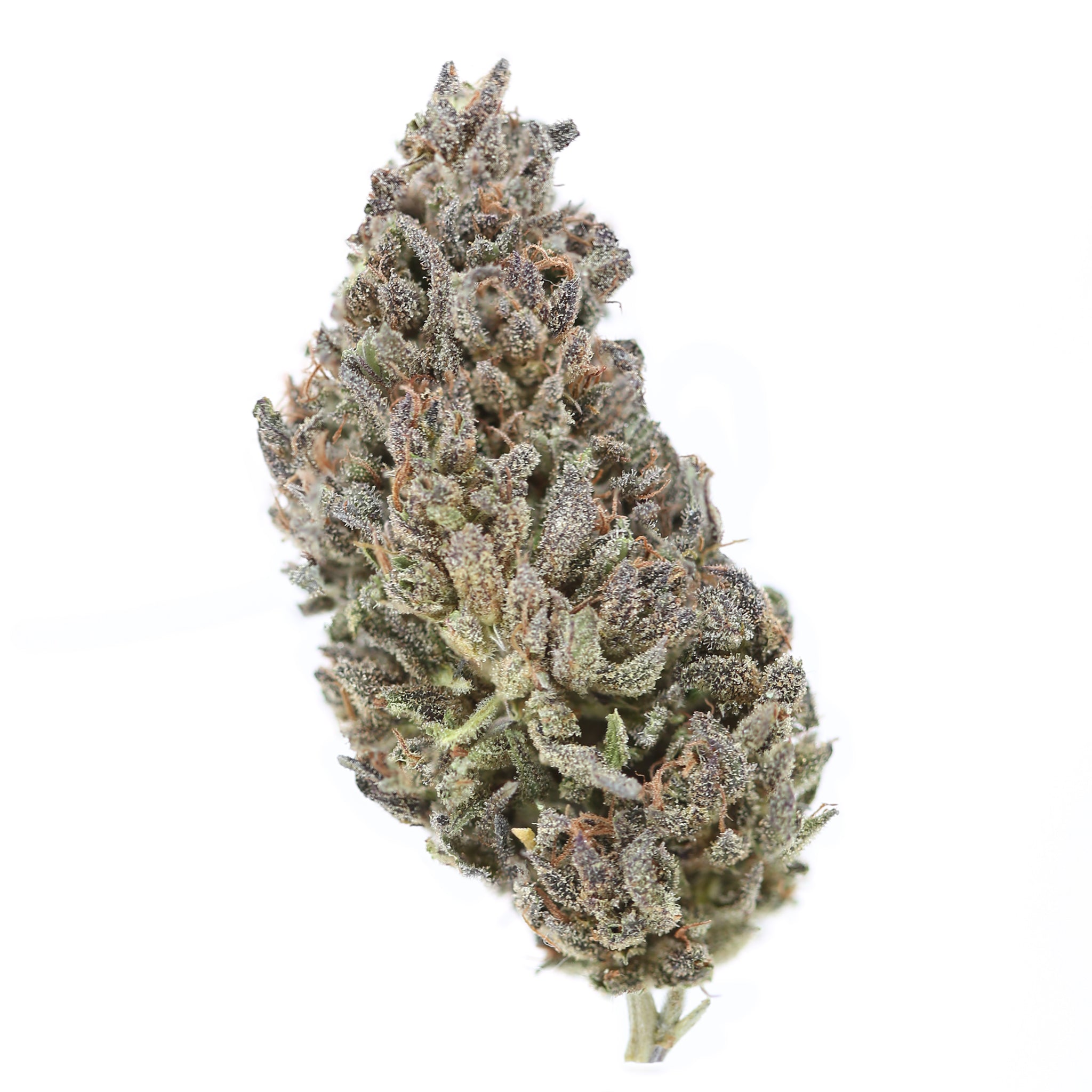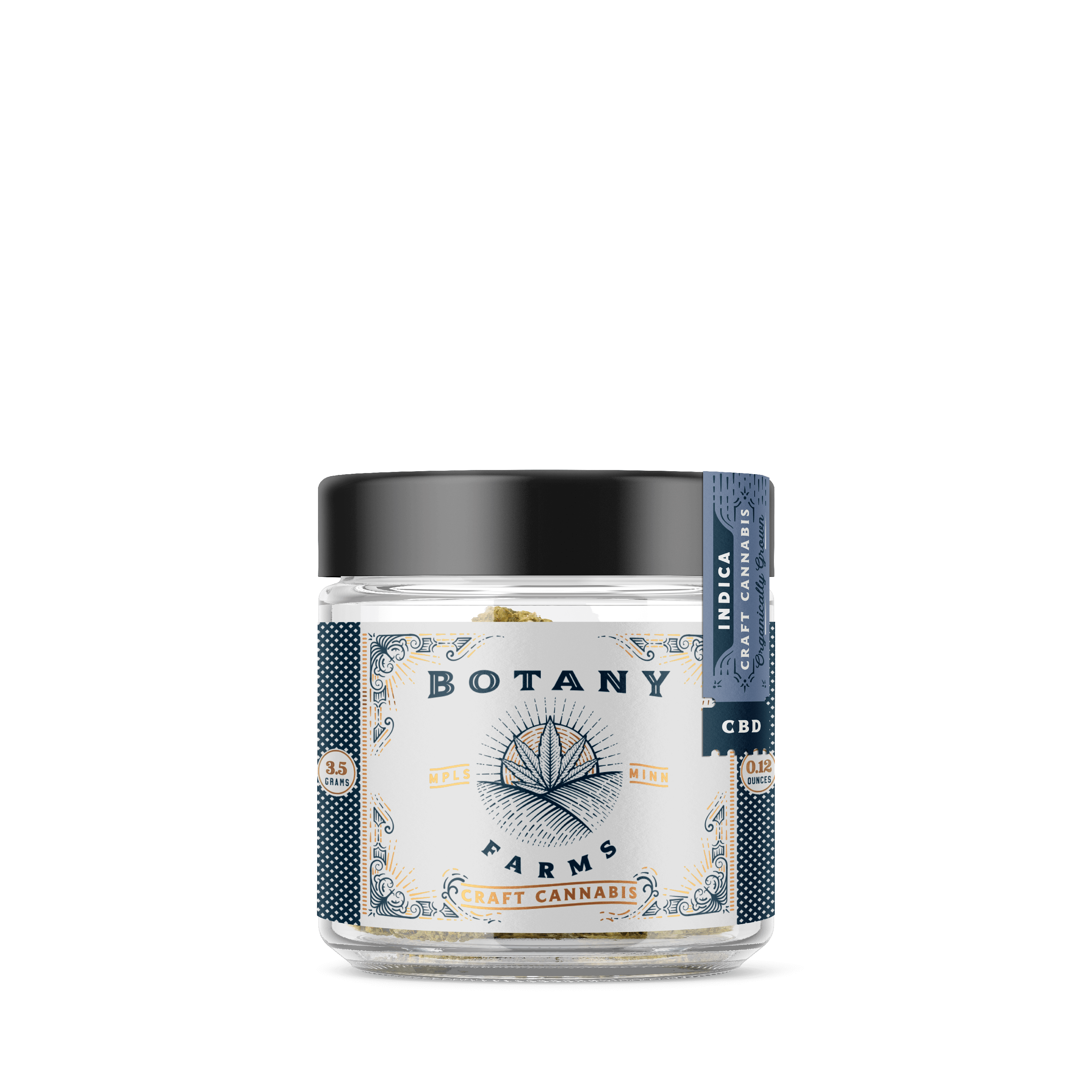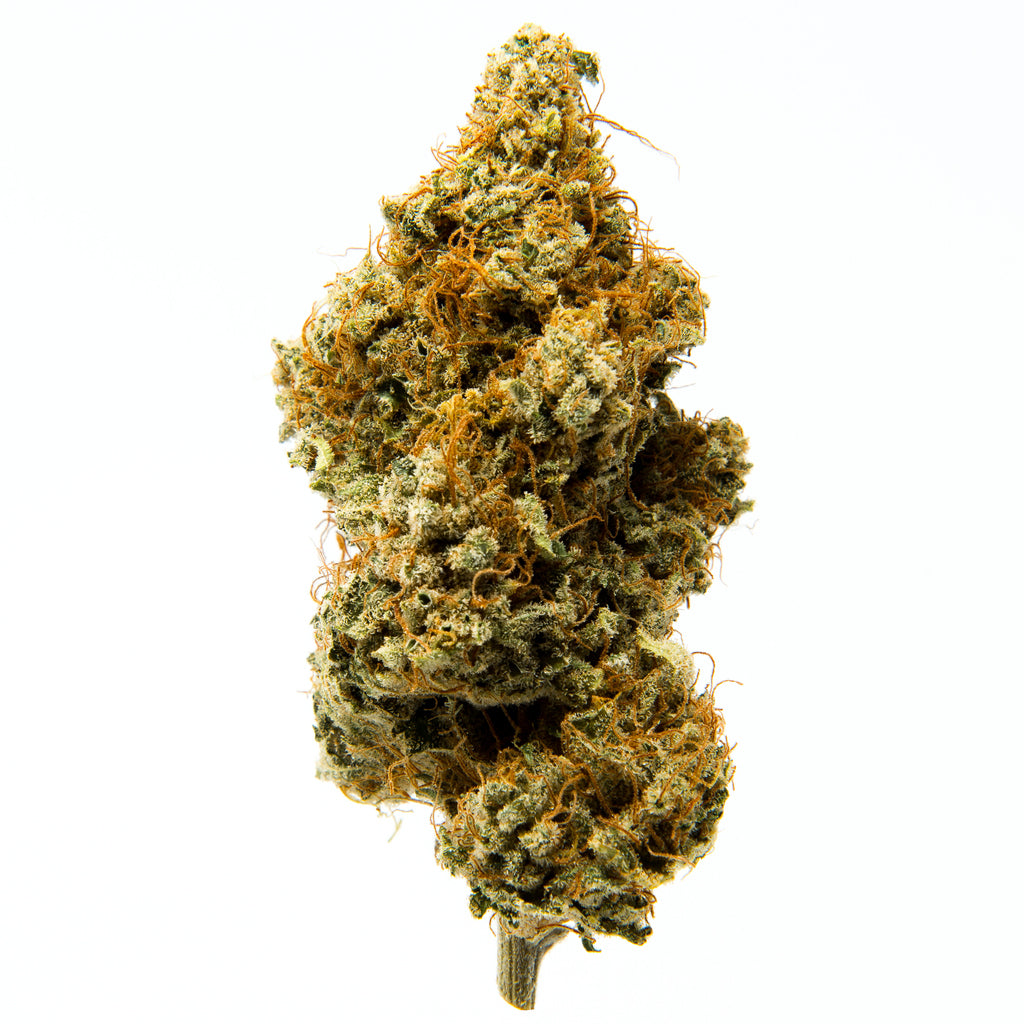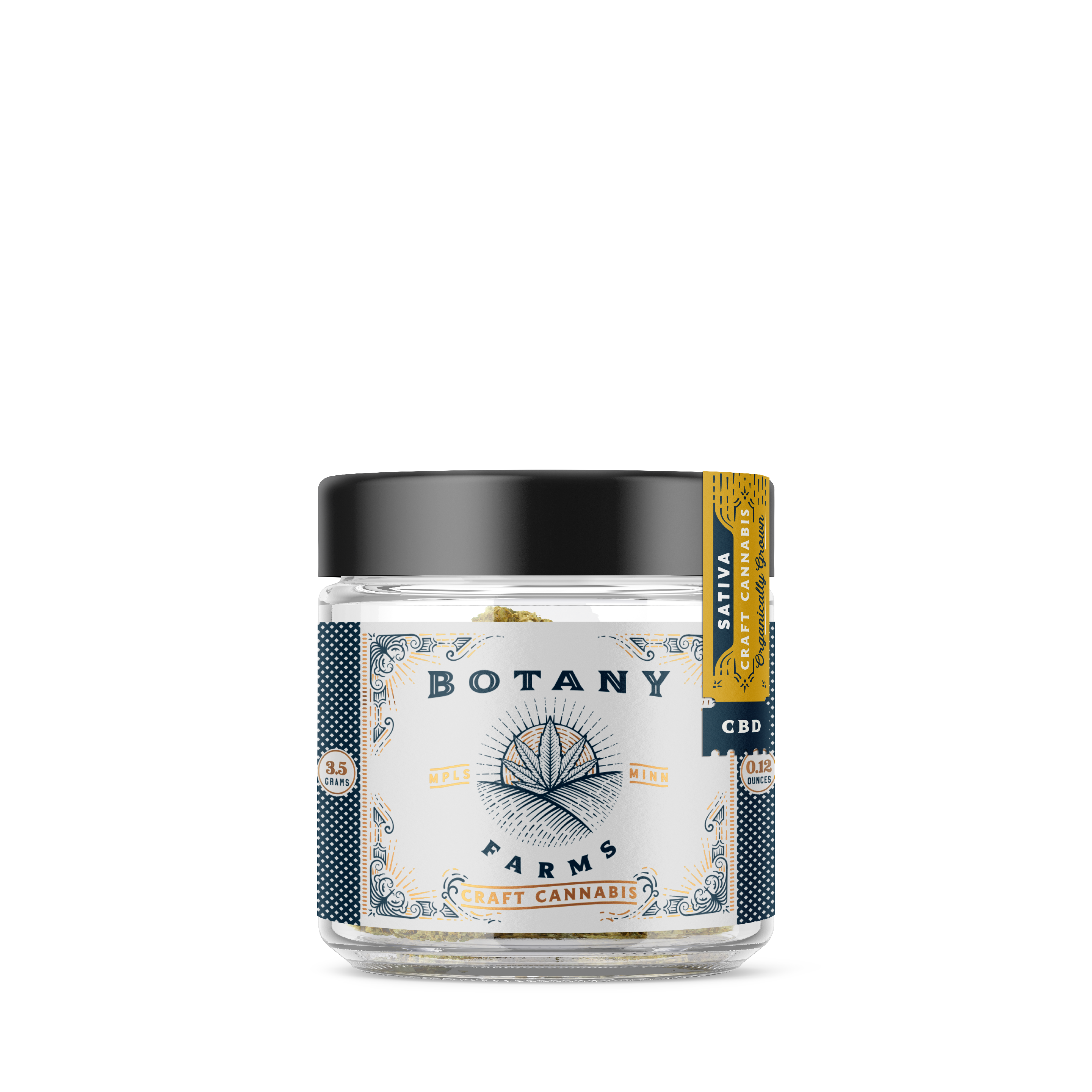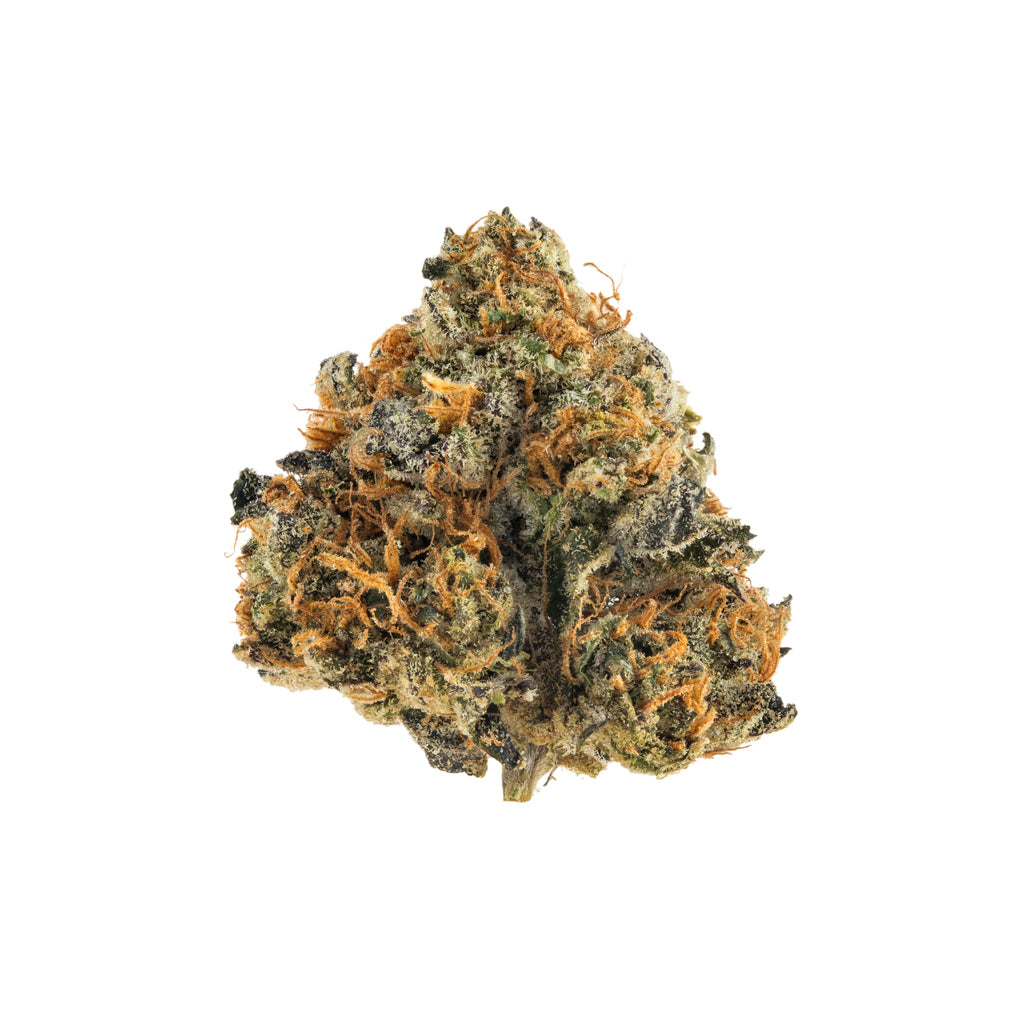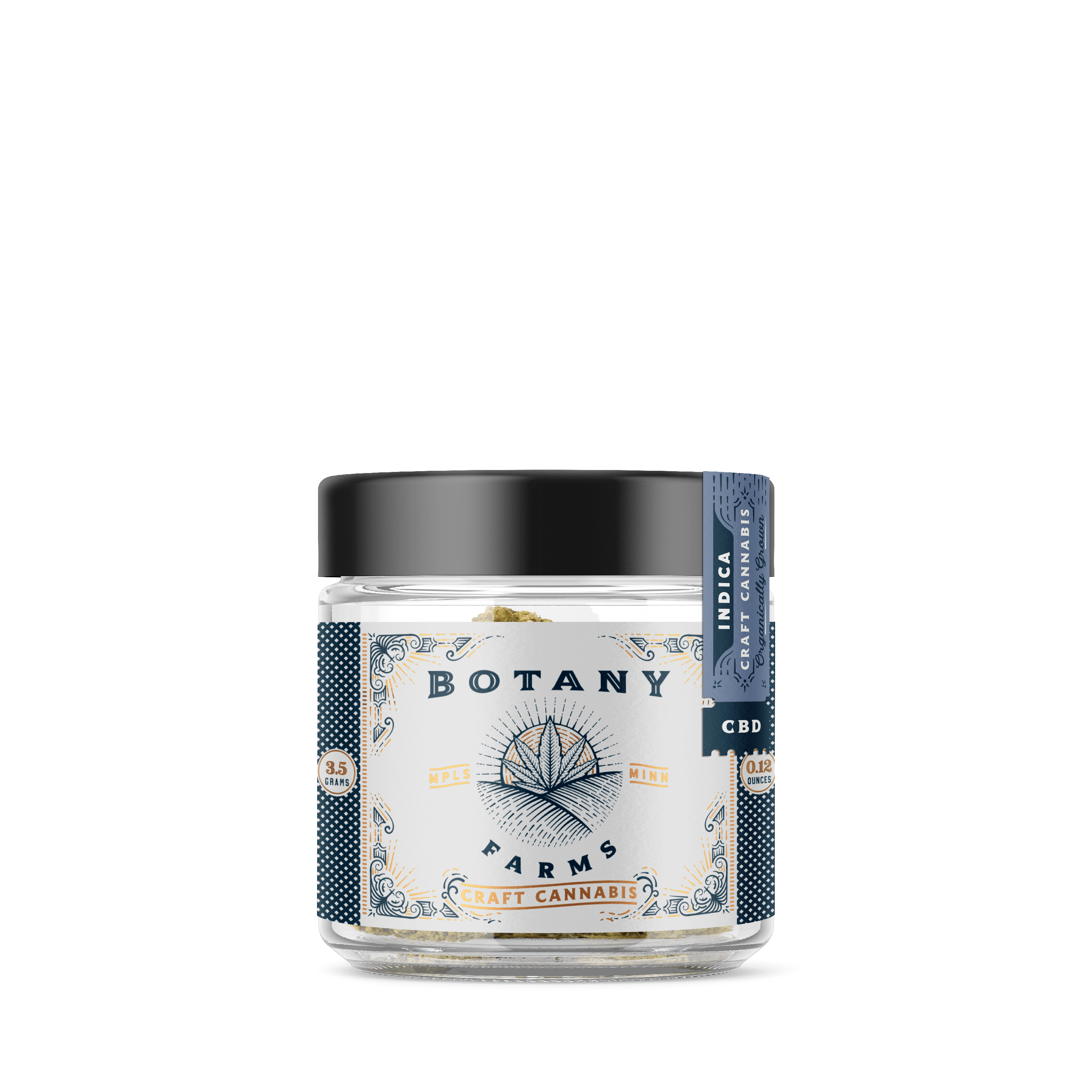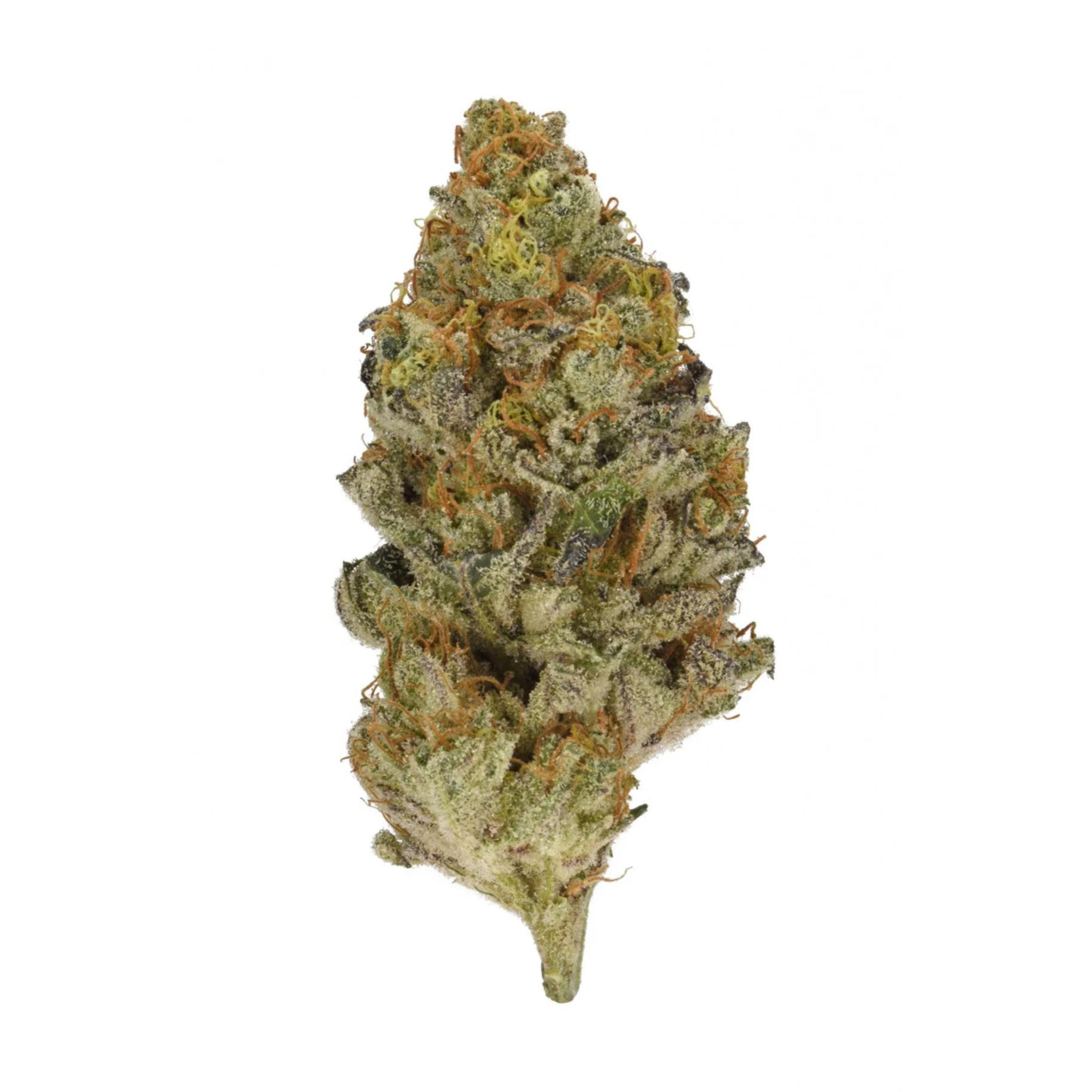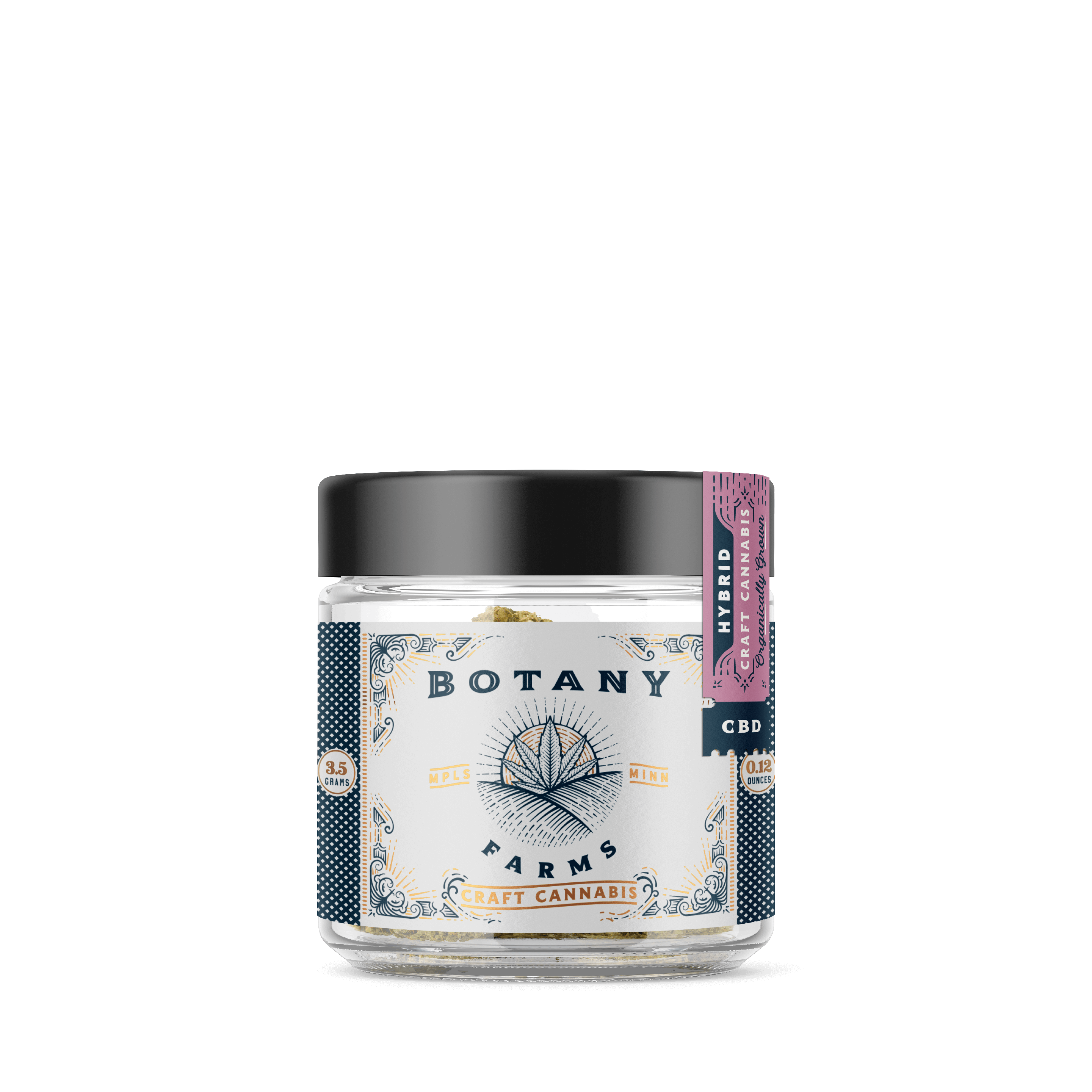- Key Takeaways
- What is THCa?
- What is Delta-9 THC?
- Does THCa turn into Delta-9 when Smoked?
- What is the Decarboxylation Process?
- Does Temperature Affect how THCa is Converted?
- Efficiency of Smoking in Converting THCa to Delta-9 THC
- Does Smoking THCa Get You High?
- What are the Effects of a THCa High?
- Is THCa Stronger than Delta-9?
- What is a High THCa Percentage?
- Where to Buy Delta-9 Products Online
- Final Thoughts
- THCa: Frequently Asked Questions
THCa and Delta-9 THC are cannabinoids found in great quantities in cannabis and hemp. As far as the high you get from cannabis and the potential benefits are concerned, these might just be two of the most important cannabinoids.
You probably know of Delta 9, which is just regular THC, but many people don’t know about THCa. Which is funny because, without THCa, there would be no Delta-9 THC! You can’t have the former without the latter. This should give you a hint about the answer to our topic question: Does THCa turn into Delta 9 when smoked?
Indeed, THCa turns into Delta-9 THC through a process known as decarboxylation. And yes, this happens while vaping, cooking, and, you guessed it, smoking! Today, we discuss THCa and Delta-9 THC, their relationship, and how one turns into the other.
Key Takeaways
- THCa and Delta-9 THC are likely the most important cannabinoids in cannabis and hemp.
- THCa, through decarboxylation, turns into Delta-9 THC, with the former being non-psychoactive and the latter being psychoactive.
- The temperature at which decarboxylation occurs affects just how much of the THCa is converted into Delta-9 THC.
What is THCa?
THCa (not to be confused with THCV), is the acidic precursor or acidic version of THC. During the growth of cannabis, the "mother of all cannabinoids," aka cannabigerolic acid (CBGa), is created.
Cannabis and hemp have enzymes that convert CBGa into three acidic precursors: THCa, which turns into Delta-9 THC; CBDa, which turns into CBD; and CBCa, the precursor to CBC.
Cannabis plants contain varying levels of THCa, and to create THC, those plants must have THCa. Through a process called decarboxylation, THCa turns into THC when heated.
THCa may have potential therapeutic and medicinal benefits. It may have anti-inflammatory and analgesic properties; it may be antiemetic, neuroprotective, and more.
THCa is also not psychoactive. This is like the inactive version of THC, and if consumed as is, it will not get you high. Only through decarboxylation does THCa become psychoactive.
What is Delta-9 THC?
Delta-9 THC is the major cannabinoid in landrace cannabis. This is the 'THC' that users look for when they want to get high.
Decarboxylation turns THCa into Delta-9 THC. Therefore, when you purchase cannabis at your local dispensary and the label says that it contains X amount of THC, it's technically referring to the THCa content.
Delta-9 THC may have wide benefits, both for the mind and body. These potential benefits include minimizing pain and inflammation, mood regulation, and anxiety relief. It may also possess antiemetic effects, boost appetite, and induce calming effects.
Delta-9 THC is also highly psychoactive. It makes you feel high, and it can produce both body and cerebral highs. Depending on the exact strain, this high can feel different. For instance, Sativa dominant strains tend to produce creative head-highs, whereas Indica strains are known for sedating body-highs.
Does THCa turn into Delta-9 when Smoked?
Yes, THCa turns into Delta-9 THC when dry cannabis is smoked. The process of burning the flower induces decarboxylation.
Smoking THCa is not the only way to decarboxylate it, as the main component required to cause this process to occur is heat. Therefore, vaporizing THCa, cooking, and baking it will all turn non-psychoactive THCa into psychoactive THC.
What is the Decarboxylation Process?
Technically speaking, decarboxylation is the process of altering the chemical structure of cannabinoid compounds in cannabis/hemp. When cannabis plants are first harvested, the cannabinoids are inactive.
Without getting too deep into science, this means they cannot bind with some cannabinoid receptors in your body. As such, some of their effects are not activated. For example, with THC, its inactive form, THCa, is non-psychoactive. In this form, THCa cannot bind to CB1 receptors, and therefore, you do not get high.
However, when you decarboxylate cannabis, i.e., heat it, THCa changes into psychoactive Delta-9 THC. It does this by removing that extra carboxyl ring from the molecular chain, therefore allowing it to effectively bind with your CB1 receptors, ultimately getting you high.
As mentioned above, decarboxylation requires heat, which can be achieved through smoking, vaping, cooking, and baking. On a side note, a small amount of decarboxylation also occurs during the curing process after cannabis has been dried, although not nearly enough to be effective.
Does Temperature Affect how THCa is Converted?
Yes, temperature affects the way THCa is converted into Delta-9 THC. It's not just heat that's required to initiate this process, but a certain amount of heat too. Most people agree that the best way to decarboxylate cannabis is by using a low and slow method.
The 'sweet spot' for decarboxylating cannabis is somewhere between 230 and 250 degrees Fahrenheit. This allows THCa to turn into Delta-9 THC while also keeping many other beneficial compounds, e.g., terpenes and other cannabinoids, intact.
The big issue is that if the temperature is too low, not much of THCa is converted into Delta-9 THC Conversely, higher temperatures degrade Delta-9 THC. For efficient decarboxylation, 200 degrees Fahrenheit is ideal.
Efficiency of Smoking in Converting THCa to Delta-9 THC
While smoking should convert the majority of THCa into Delta-9 THC, this process is not 100% perfect. Intensity does play a role here. Furthermore, remember that we said a low and slow approach tends to be best.
One issue with smoking a joint is that some of the THCa may not effectively convert into Delta-9 THC. Anywhere between 10% and 40% of THCa is not converted into Delta-9 THC through smoking a joint.
As such, the decarboxylation process converts roughly 88% of THCa into Delta-9 THC (if done properly between 220 and 250 degrees), although smoking a joint may result in slightly lower conversion rates due to a range of factors. In all, the "effective decarboxylation" temperature is around 250 degrees Celsius.
Excessive temperatures degrade Delta 9. Although it's hard to say exactly how much THCa is lost through this process, not all of it is converted into Delta-9 THC.
Does Smoking THCa Get You High?
THCa, in its raw form, is not psychoactive, so it does not induce a high. However, smoking THCa flower, vape, or a THCa pre roll, does get you high, thanks to that decarboxylation process.
In sum, heating THCa effectively turns it into Delta-9 THC, which is a highly psychoactive and intoxicating compound.
What are the Effects of a THCa High?
If you consume raw THCa, you will not get high. However, heating THCa converts it into Delta-9 THC, which gets you high. If you smoke Delta-9 THC, you may notice a cerebral high and body high.
Is THCa Stronger than Delta-9?
Seeing as THCa is not psychoactive, there's no way it's stronger than Delta-9 THC. In its raw and unconverted form, it has no psychoactive effects at all, which means that Delta-9 THC is stronger.
What is a High THCa Percentage?
Generally, a THCa percentage of 15% is considered high. Although some modern cannabis strains bred particularly for their potency can contain up to 30% Delta-9 THC or more, once decarboxylated.
And if you want to learn more about the highest THCa hemp strains, here's a good source to learn from.
Where to Buy Delta-9 Products Online
If you want great Delta-9 THC products, look no further than Botany Farms. We have some fantastic products to choose from, including these Delta-9 Blue Raspberry Gummies, these Delta-9 Mixed Flavor Gummies, and our own Botany Farms Nano Delta-9 Pink Lemonade Microdose Gummies.
Final Thoughts
Now that you know the science behind THCa and how it converts into Delta-9 THC, you're a more knowledgeable and informed consumer of hemp and cannabis products. Sure, consuming cannabis is fun, but knowing the science behind it is pretty cool too, right?
THCa: Frequently Asked Questions
Let's quickly answer some frequently asked questions that most people have about THCa.
Is THCa the same as Delta-9?
No, THCa and Delta-9 THC are not the same, but the former turns into the latter through a process known as decarboxylation.
What’s the difference between THCa and Delta-9 THC?
The major difference between these two is that Delta-9 THC is psychoactive and intoxicating, whereas THCa is not.
Which is better? THCa or Delta-9 THC?
THCa may be better for people who want to reap the potential medical and therapeutic benefits of cannabis without getting high. Delta-9 THC, on the other hand, is better if you want to get high while reaping the potential benefits it may have to offer.
Is THCa illegal?
According to the 2018 Farm Bill, hemp-derived cannabinoids with less than 0.3% THC content are legal. This includes THCa.
Will THCa fail a drug test?
Due to the way in which the human body metabolizes THCa, it will most likely cause you to fail a drug test.
